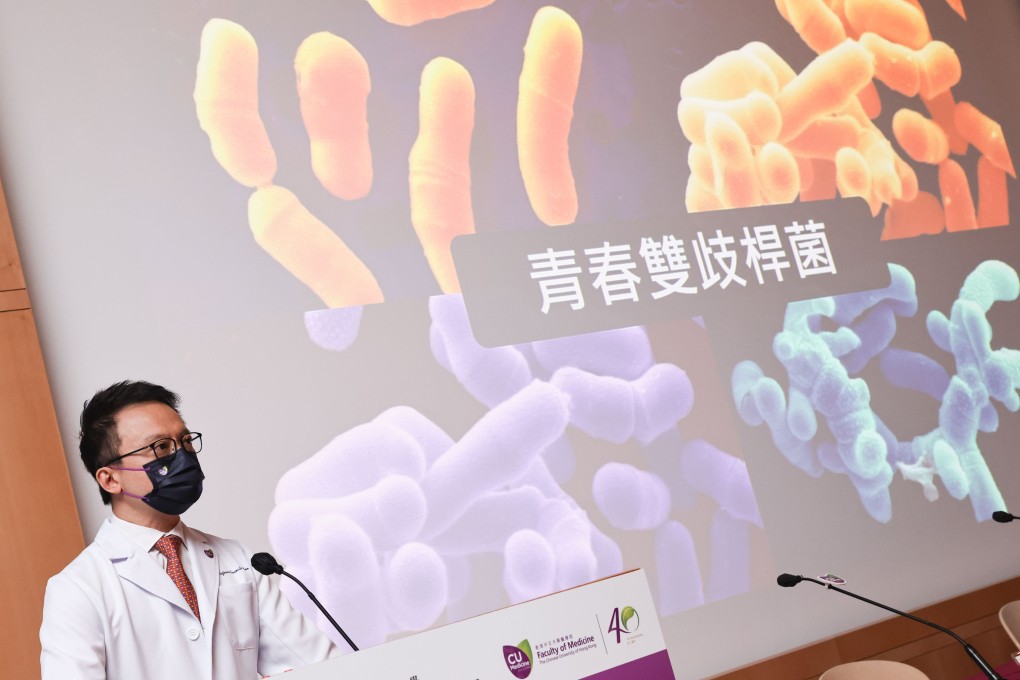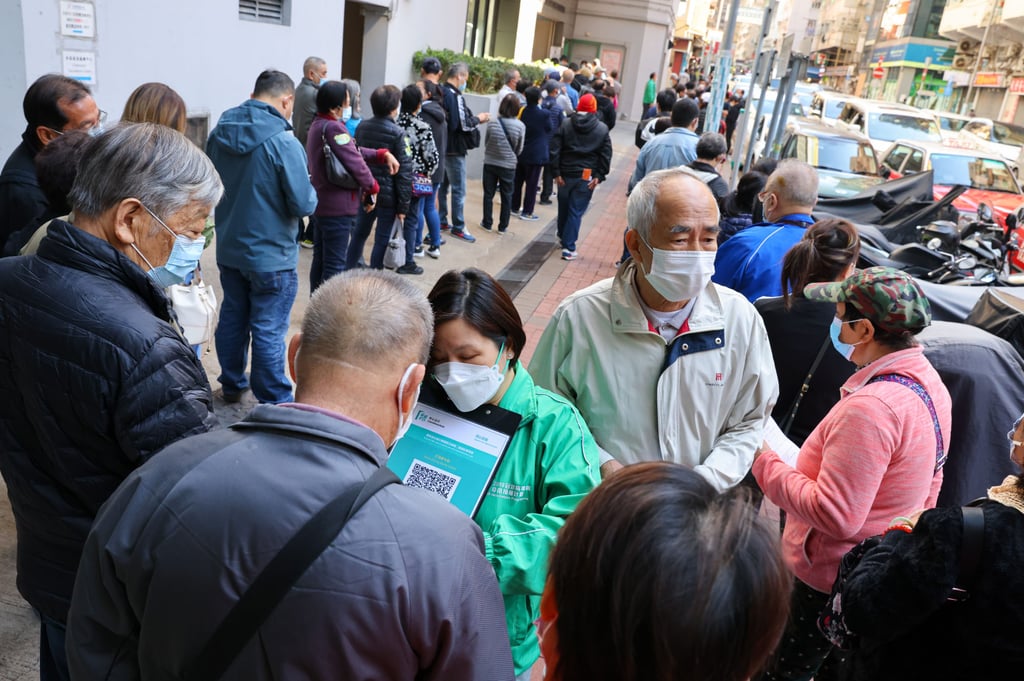Coronavirus: gut bacteria can help boost antibody response to Covid-19 vaccines, Hong Kong study shows
- Findings by Chinese University and University of Hong Kong show a type of probiotic bacteria in the gut can help enhance efficacy of Sinovac and BioNTech vaccines
- Researchers report that low antibody response corresponded to inadequate levels of the bacteria

Based on the findings released on Thursday, the researchers said that specific bacteria could serve as a potential therapeutic option to enhance the protection offered by both vaccines.

“The inactivated vaccine [developed by Sinovac] is known to have fewer side effects but suffers from relatively lower antibody response. Our study offers a potential solution to enhance [its] efficacy.”
The researchers collected blood and stool samples from 138 people aged between 18 and 67 to measure their antibody levels in relation to their gut bacterial composition. The samples were taken before vaccination and one month after their second dose between April and August this year.
About 57 per cent of the participants who took the Sinovac shot and had suboptimal antibody response had inadequate Bifidobacterium adolescentis levels. Among the BioNTech recipients, the 25 per cent with the lowest antibody level also lacked the bacteria, the study showed.